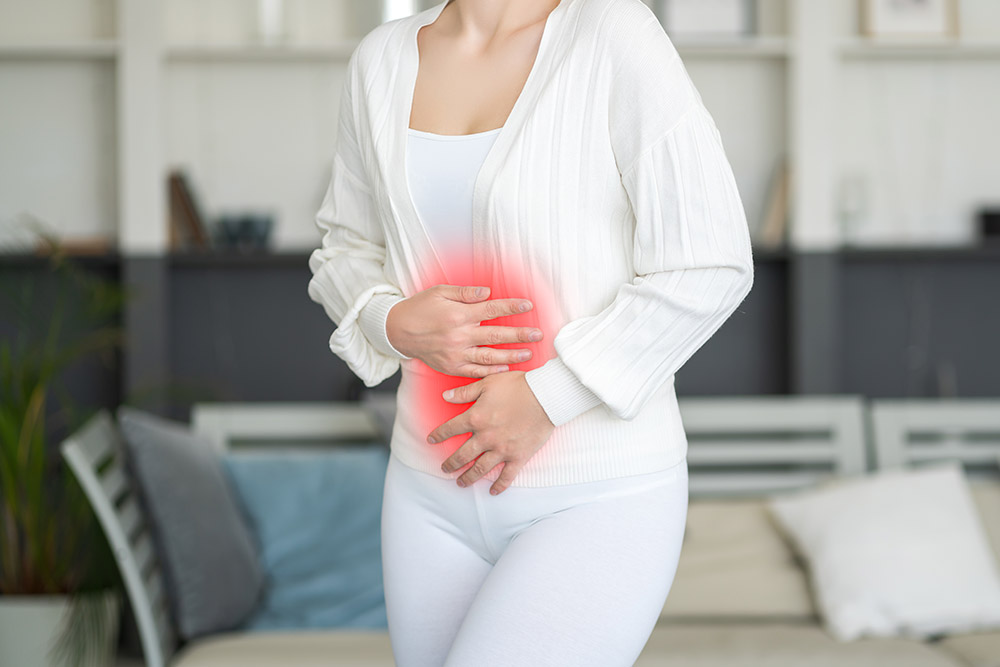Expert Treatment for Flatulence by Dr. Bharat Pothuri
Dr. Pothuri uses a step-by-step approach:
Medical History and Symptom Review
He discusses your diet, timing of gas episodes, epigastric discomfort, and any red-flag symptoms (weight loss, bleeding).
Physical Examination
A thorough abdominal exam checks for tenderness, bloating, distension, and signs of obstruction or hernia.
Food and Symptom Journal
Tracking meals, gas patterns, and pain helps pinpoint trigger foods and symptom correlations.
Breath Tests
- Hydrogen breath test for small intestinal bacterial overgrowth (SIBO).
- Lactose breath test to diagnose lactose intolerance.
- Fructose or glucose breath tests, if dietary sugars are suspected.
Imaging Studies
- Abdominal ultrasound to evaluate gallbladder, liver, and assess for masses.
- CT scan when detailed visualization of the bowel or pancreas is needed.
Endoscopic Evaluation
Upper endoscopy (EGD) examines the esophagus, stomach, and duodenum for ulcers, gastritis, or structural issues.
Motility and Advanced Testing (if needed)
Gastric emptying studies or motility tests assess slow transit; rarely, biopsies confirm inflammation or infection.

Frequently Asked Questions
Why does flatulence smell bad?
Sulfur-rich foods and slow digestion can make gas smell worse.
When should I see a doctor?
If gas is painful, constant, or linked to weight loss, blood, or fever.
Can flatulence cause chest pain?
Yes. Gas in the upper gut can press on the chest and mimic heartburn.
Is gas normal in pregnancy?
Yes. Hormones slow digestion, which can lead to bloating and gas.
How can I reduce gas at home?
Eat slowly, avoid soda, skip gassy foods, and try simethicone.
What tests check for gas problems?
Breath tests, imaging, or endoscopy if needed.
Can back pain and gas be connected?
Yes. Gas in the lower gut can push on nerves and cause back pain.












